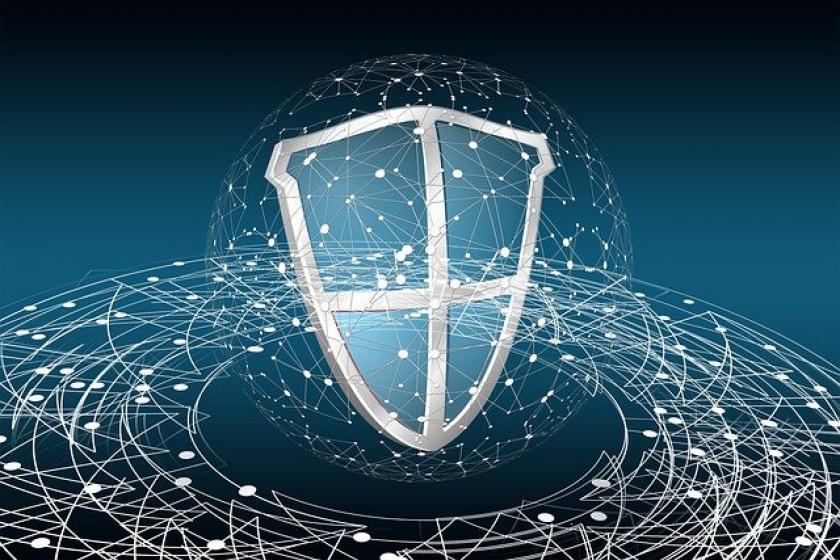If you are looking to make sure that your social media accounts are secure, you are going to need a detailed social media policy catering to the company and its employees. Because of the raised use of social media tools for business communications, you can rest assured that the security aspect of social media is more significant than ever.
Although there are clear benefits of using social media, there are risks involved, and you need to be careful. More than half the companies using the network had to deal with an incident in the last year. Therefore, protect yourself well against these threats related to social media security. Here is how you do it:
1. Develop a social media policy
When a business is using a social media network or is getting ready for it, the first thing you will need is a social media policy. Here are some guidelines outlining how you need to use social media with responsibility. This will not only provide protection but will ensure that there is no bad PR or legal trouble. In whatever cases using translation services to provide translation for the guidelines is also crucial, especially if the audience is wide and includes speakers of various languages. The policy must include:
- Rules specifying confidentiality and personal use of social media.
- Brand guidelines indicating how you will talk about your company.
- Social media activities you need to avoid, such as FB quizzes that ask for personal info.
- Guidelines that are related to confidentiality and copyright.
- Responsibility of every department regarding all social media accounts.
- Guidelines about effective creation of passwords and how often you should change them.
- Things required for maintaining the devices and software updated.
- Identifying and avoiding attacks, scams, and other security threats.
- Who is to be notified in case of social media security concerns.
2. Train the employees about various security problems
Even when you have the greatest social media policy in place, it is no good if your employees are not following it. Your social media policy has to be simple to understand. However, training will provide your employees an opportunity to ask questions, engage, and acquire a sense of how significant it is to follow this policy. These security training sessions will also provide opportunities for reviewing the latest trends on social media networks. You may discuss if there are any sections of the security policy in need of an update. Keep in mind that it is not all gloomy. This training should also equip the employees to use these networks more effectively.
3. Have limited access to improve data security
Although you are likely to be focused on different security threats coming from outside, keep in mind that your employees are a major source of data breaches as well. Therefore, having limited access to social accounts is a great way of keeping them safe. You might have entire teams working on messaging, creating posts, or customer service. However, this does not mean that everybody has to know the passwords of the social network accounts. It is crucial to have a proper system in place that can revoke access to these accounts if needed. Learn how to unzip files where the passwords are set. This tool is useful for securing data using encryption.
4. Use security monitoring tools
It is a fact that unattended social media accounts are always ripe for hacking attempts. Therefore keep an eye on all your networks. You can also select a proper VPN or residential proxies that allows you to maintain your online presence securely. Companies such as GEOnode that offer residential proxies can ensure that your social media account security is not compromised. You need to watch out for all accounts, including those you have registered for and have not used at all. You can delegate someone from the team this task of making sure that all the posts on your various accounts are genuine. If there is any unexpected activity, follow up on it. Sometimes the post may appear legitimate, but it is worth digging into it if it is straying away from the content plans.
Why implement these smart social media security strategies?
As you might already know by now, social media security includes a process of analyzing active social media data as a method to protect them against threats. As a way to avoid risks, social media security is vital for every business or enterprise in blocking targeted attacks, securing corporate accounts from compromise, fighting scams and frauds. No company would want to have misinformation spread or having sensitive corporate data and private data revealed. That's why implementing smart social media security strategies is vital.
Conclusion
It is a good idea to have the brand handle reserved for all your social media network accounts even when you have no intention of beginning the use immediately. It allows you to keep a consistent presence across different networks, thereby making it easier for people to locate you. Therefore, you mustn't ignore the accounts you have never used or the ones you have stopped using.









